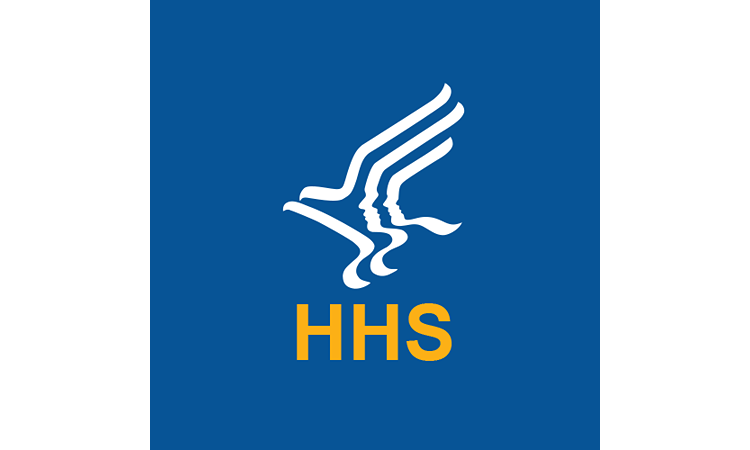Aug. 20, 2021 — The Pharmaceutical Research and Manufacturers of America (PhRMA) has “updated and enhanced” its voluntary code of ethics regarding how the drug industry can appropriately interact with U.S. health care professionals (HCPs) while marketing biopharma products in various ways, including speaker programs.
PhRMA’s revised “Code on Interactions with Health Care Professionals,” last updated in 2019, follows a Nov. 16, 2020, “special fraud alert” from the Department of Health and Human Services Office of Inspector General that discusses the “inherent fraud and abuse risks” associated with speaker programs.
According to PhRMA’s Code, which takes effect Jan. 1, 2022, “company-sponsored speaker programs provide substantive educational information about the benefits, risks, and appropriate uses of company medicines and related disease states.” PhRMA notes that speaker programs are distinct from continuing medical education programs, and that “companies and speakers should be clear about this distinction.”
The OIG alert indicated that a “red flag” for speaker programs is using a high-end venue (such as restaurants or sports venues); other points of concern are providing free drinks and allowing speakers to invite others to accompany them to programs. Although speaker programs were down significantly in 2020 as a result of COVID-19 restrictions on travel and large, in-person gatherings, reporting from Policy & Medicine on Centers for Medicare and Medicaid Services (CMS) data from the Open Payments Program showed that “food and beverage” payments still represented a significant portion of the payments made last year.
The new PhRMA code states that incidental meals of modest value may be offered to attendees of company-sponsored speaker programs, subject to the following principles:
- The purpose of the speaker program should be to present substantive educational information designed to help address a bona fide educational need among attendees, taking into account recent substantive changes in relevant information or the importance of the availability of such educational programming.
- Only those with a bona fide educational need for the information should be invited.
- Incidental meals furnished to attendees must be modest as judged by local standards, as well as subordinate in focus to the educational presentation.
- Companies should not pay for or provide alcohol in connection with the speaker program.
- The speaker program should occur in a venue and manner conducive to informational communication, and a company representative should be physically present. For speaker programs at third-party venues, the third-party venue selected by the company should not be extravagant or the main attraction of the event or perceived as such. Luxury resorts, high-end restaurants, and entertainment, sporting, or other recreational venues or events are not appropriate.
- Repeat attendance at a speaker program on the same or substantially the same topic is generally not appropriate unless the attendee has a bona fide educational need to receive the information presented. Attendance by speakers as participants at programs after speaking on the same or substantially the same topic is generally not appropriate.
- Friends, significant others, family members, and other guests of a speaker or an invited attendee are not appropriate speaker program attendees unless such individuals have an independent, bona fide educational need to receive the information presented.
The 2022 PhRMA Code also provides guidance on how companies procure and retain speakers, appropriate terms of compensation and reimbursement for reasonable travel expenses, and speaker training. Further, PhRMA states that each company “should develop policies addressing the appropriate use of speakers, including utilization of speakers after training and the appropriate number of engagements for any particular speaker over time.”
Engaging in “appropriate marketing of medicines” is critical to ensuring that “patients have access to the products they need and that the products are used correctly for maximum patient benefit,” according to PhRMA. “Our relationships with healthcare professionals are critical to achieving these goals.”




